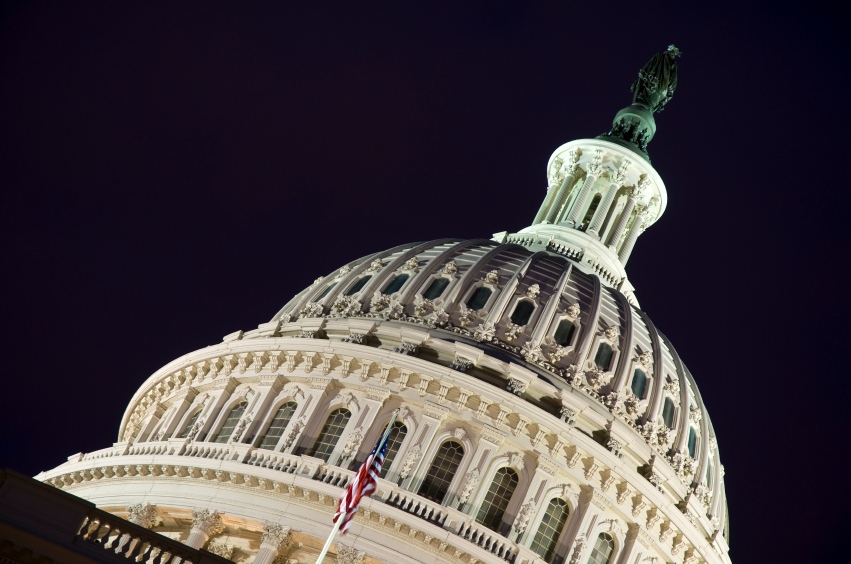What should we learn from the dual disappointment of Copenhagen and Cancun? The climate policy war isn’t over, but those who are fighting to cut global emissions haven’t won the last few rounds. The decisive defeat in this latest battle, however, did not occur at an international conference. Rather, it took place in Washington, D.C.
Although the Kyoto Protocol tried to prove otherwise, there isn’t any hope of a meaningful climate agreement without the participation of the United States. With one-fifth of the planet’s emissions and a big share of the global ability to pay for mitigation and adaptation, the world’s surviving superpower has to be on board if negotiations are going to go anywhere. (In an ideal, or even sensible, world, the United States would take the lead on climate protection.)
The enormous advance build-up of expectations for Copenhagen reflected the fact that it would be the first world climate summit after George W. Bush left the White House. It was true that a post-Bush administration was necessary for climate progress; unfortunately, it was not sufficient. In the two years when President Obama and the Democrats were strongest, they were unable to pass even a weak, compromised climate bill. Now the momentum in Washington is shifting back toward science-deniers, who plan to hold more hearings on the possibility that the Intergovernmental Panel on Climate Change and the global scientific consensus are a gigantic fraud.
Thus a fundamental obstacle to a climate agreement emerges from the failure of progressive politics in the United States. The failure resides both in leadership and in public opinion. At the top, Barack Obama won the presidency, the Nobel Peace Prize, and the respect of intellectuals everywhere for his eloquent campaign — but failed to live up to the expectations he had created. The insanely competitive, protracted American electoral process routinely selects leaders — Clinton, Bush, and now Obama — who are much better at campaigning than at governing.
Seen from the bottom, the American public does not view itself as rich and powerful, as it is sometimes portrayed in international negotiations. The growth of inequality and the unraveling of the social safety net have led to increasing economic insecurity, amplified by the current economic crisis. The absence of a labor or social-democratic party, indeed the absence of any progressive interpretation of crisis, insecurity, and inequality, makes the country vulnerable to a parochial, right-wing populism. In areas that depend on mining or burning coal, it has been all too easy to promote the fantasy that environmentalists and big-government liberals want to destroy ordinary people’s livelihoods.
What will it take to make the United States willing to rejoin the world on climate negotiations? We need a response to economic crisis that makes people feel proud and united, not frightened and fragmented; we need progressive Democrats to rediscover the joys of fighting for their beliefs and their constituents, rather than endlessly compromising with intransigence and insanity. It’s a tall order — but we’re working on it.



